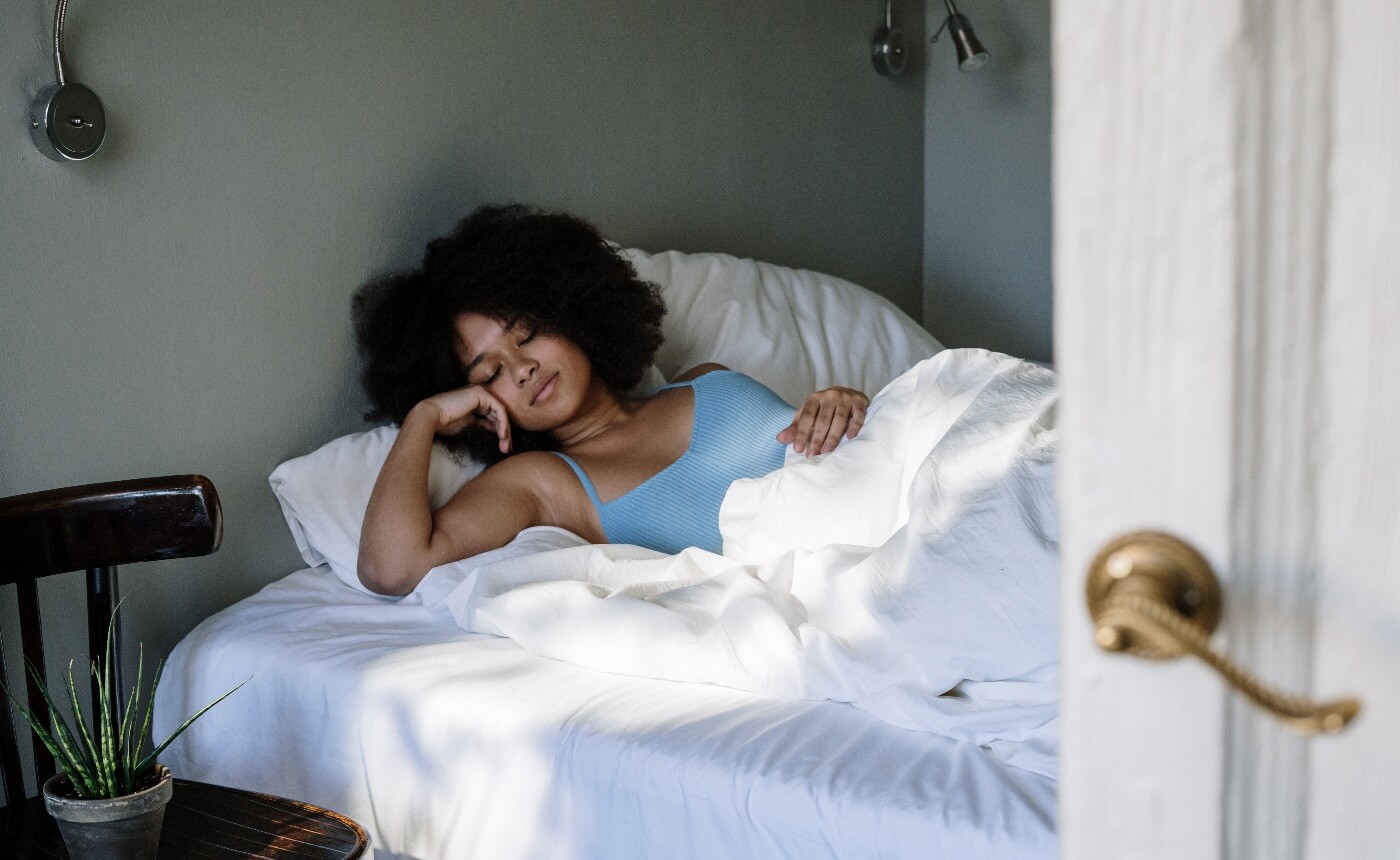A new study by bed retailer Dreams has found that throughout the pandemic, our sleeping patterns have been affected due to bad mental health.
The study by Dreams has surveyed 2,000 adults to get to the root cause of what’s really damaging our sleep. Most respondents cited worrying about the health of their friends and family, and concerns over how the Government has handled the pandemic, as the cause of their anxiety.
40% of adults have struggled to sleep through the night, while 31% have slept fewer hours a night than they used to, before Covid-19.
When asked why they felt that they were sleeping less, 49% of people said it was due to feeling anxious, stressed, and having poor mental health.
Other reasons included being stuck inside during lockdown, gyms being closed, and having to have Zoom calls over physical touch.
When asked what was causing the stress and anxiety, over half of those surveyed were worried about the health of their friends and family, and not being able to spend time with them.
Finally, financial worries also occurred in 40% of respondents.
For those affected by pandemic sleeping problems, the experts at Dreams have shared their top tips for getting better sleep:
Try Tracking Your Sleep
To really understand your sleep needs, you can try tracking your sleep with a device like a Fitbit or an app such as Sleep Cycle Alarm Clock. This will help you work out how much deep sleep and light sleep you’re getting, to optimise your routine. If you struggle in the mornings, set your alarm for when you’re in a light sleep phase and you may feel better.
Practise Relaxation
Practise relaxation. If you’re not keen on journaling or meditation, try just listening to calming sounds. By physically relaxing your body and clearing your mind, you’re giving yourself a chance at better sleep.
Turn Off The Tech
Blue light emitted by screens suppresses the body’s production of melatonin and will keep your mind active, so switch off at least 30 minutes before bed.
Take A Nap.
Naps, if done right, can help your sleep. The experts suggest keeping it to 10-20 minutes for short-term alertness.

